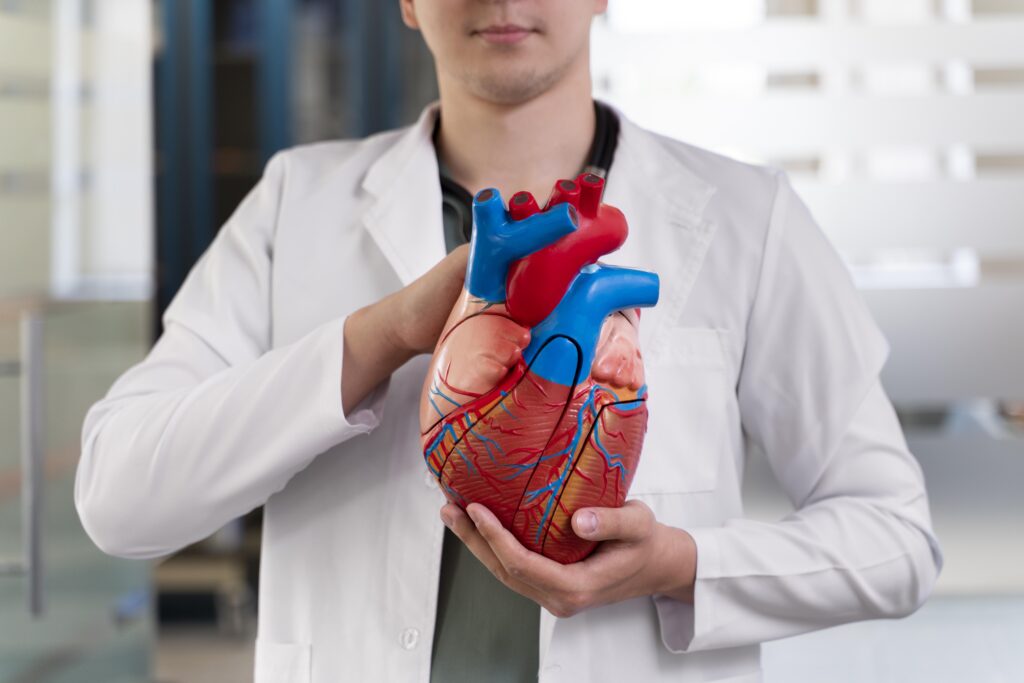What is an Arrhythmia? (Irregular Heartbeat)
An arrhythmia is a problem with the way your heart beats. Usually, your heart beats in a steady rhythm. However, with an arrhythmia, the heartbeat can be too fast, too slow, or uneven. This is also called an irregular heartbeat. During orthopedic surgery, such as joint replacement or bone repair, arrhythmias can sometimes occur. Because surgery can put stress on your body, it is important to know about arrhythmias and how they may affect your health.
Common Symptoms
Arrhythmias can cause different symptoms. Some people may not notice any signs. Others may feel:
However, not every irregular heartbeat feels the same. If you notice any of these symptoms, especially during or after orthopedic surgery, tell your doctor right away.
Causes and Risk Factors
Many things can cause arrhythmias. Sometimes, they happen because of heart problems. Other times, they can be linked to surgery or other health issues. Common causes and risk factors include:
During orthopedic surgery, your body may react to anesthesia or blood loss. As a result, your heart rhythm can change. This is why doctors watch your heart closely during and after surgery.
How Arrhythmias are Diagnosed
Doctors use several tests to find out if you have an arrhythmia. For example, they may use:
Often, these tests are done before and after orthopedic surgery to keep you safe.
Treatment Options
Treatment for arrhythmia depends on the type and cause. Some people may not need treatment if the arrhythmia is mild. However, if you have symptoms or if your heart rhythm is very abnormal, your doctor may suggest:
During orthopedic surgery, your care team will watch for arrhythmias and treat them quickly if needed.
Lifestyle Tips and Prevention
Even though some arrhythmias cannot be prevented, you can lower your risk. Try these tips:
Before any orthopedic surgery, let your doctor know if you have a history of heart rhythm problems.
When to Seek Medical Help
Arrhythmias can sometimes be serious. Therefore, you should get help right away if you:
After orthopedic surgery, always report new symptoms to your care team. Early treatment can prevent complications.
Conclusion
Arrhythmias, or irregular heartbeats, can happen during or after orthopedic surgery. But with careful monitoring and treatment, most people recover well. If you have concerns about your heart rhythm, consult a healthcare specialist for personalized advice on arrhythmia.
Sources: Centers for Disease Control and Prevention (CDC), World Health Organization (WHO), American Heart Association

